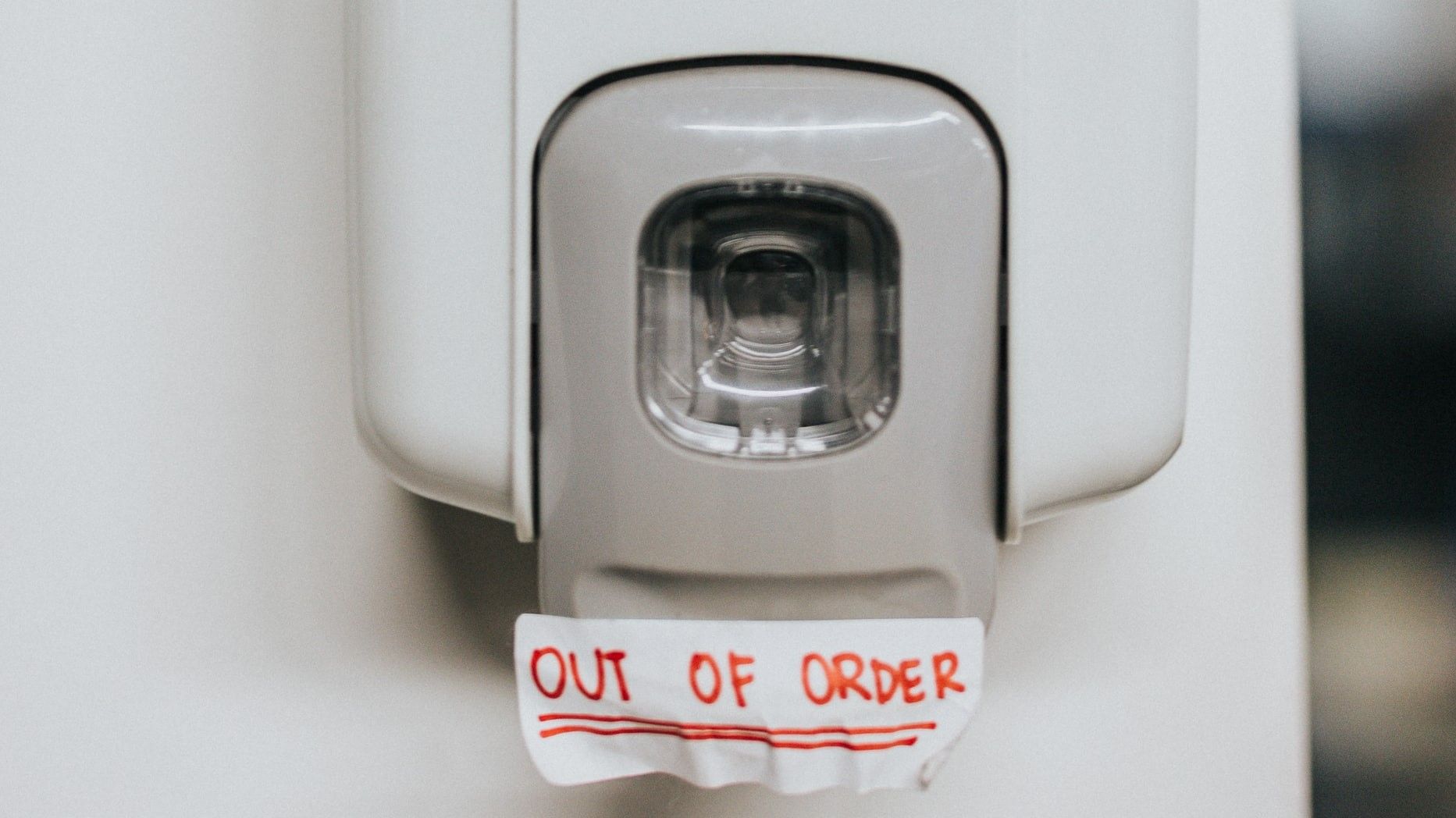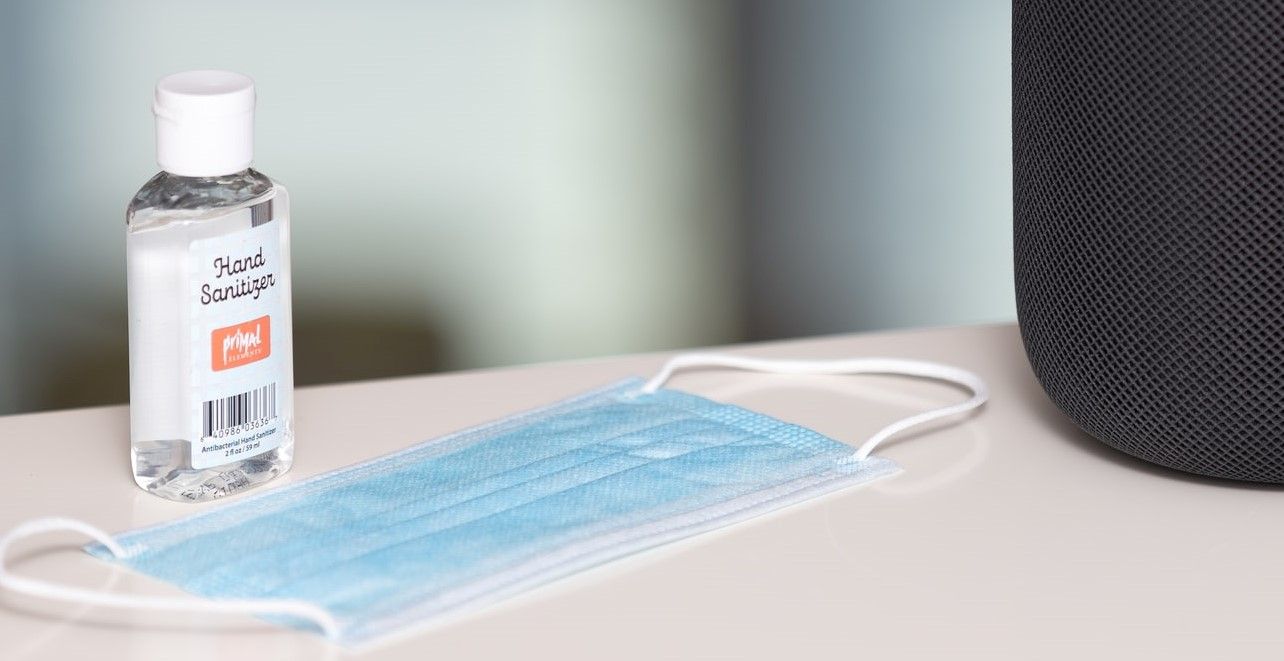A number of governments are being accused of issuing and promoting the use of hand sanitiser that is not effective against coronavirus.
Not only has this presented a mixed message to the public on the importance of using proper strength hand gels and disinfectants, but it has also put an unknown number of people at risk of infection.
The subject of decent hand sanitiser was first raised during an investigation by the UK’s Sky News whose reporters found, “… hundreds of thousands of bottles of alcohol-free hand sanitiser.”

While the products did reach a European and British standard which, “certifies hand sanitiser as effective against coronavirus if it kills a certain proportion of a similar virus after being mixed with it in a test tube …”. Significantly, the report found that the products are “… not tested on anyone's hands.”
While the sanitising products in question are in no way illegal, their alcohol-free content means that it takes much longer for the gel to kill bacteria and viruses on the skin. It is therefore feared that many people may not have used the product for long enough to be effective.
For example, many people use hand sanitiser before eating and drinking, or when entering a shop. If they have failed to use the product for a full two minutes they may have put themselves or their families at risk of infection.
The report noting that, “[Alcohol-free hand sanitisers], which take up to two minutes to kill coronavirus, are being used in schools, homes and businesses.”
“If you’re going into a supermarket you want to make sure your hands are free of any viruses,” says Professor Sally Bloomfield, Chair of the International Scientific Forum on Home Hygiene, an industry-funded NGO. “You don’t want to stand outside that supermarket for two minutes waiting for that product to work.”
The World Health Organisation has been quite clear on what constitutes an approved hand sanitiser product, namely one that contains a minimum of 60% alcohol (to be applied generously all over the hands for 20 to 30 seconds). The clarity of such instructions has led many to question why some governments have been issuing disinfecting products that do not meet the authorised standards.
While the UK government has since updated its advice, the initial mixed messages and sub-standard products may have caused many to be unnecessarily infected.
“I think it is very confusing for people,” said Dr Katie Maddock, head of Keele University’s School of Pharmacy and Bioengineering. “I think if we just choose a track and stick to it, and the alcohol has got the evidence base, that’s where we should be.”
“I think we should be sticking to [alcohol hand sanitisers] that have been tested over the years under use conditions and been shown to be effective,” concurred Bloomfield. “I don’t see why we should be prepared to settle for something which has not been tested under use conditions, and I think that is a failing.”

The Sky News report further noted that Scotland’s first minister, Nicola Sturgeon, was twice filmed using an alcohol-free hand sanitiser at a press event designed to persuade parents it was safe for children to return to school.
When questioned why alcohol-free hand sanitiser was still being approved by the British Standards Institute during a health pandemic, the Institute issued a statement supporting its test methods as, “… a consistent way to evaluate the performance of hygienic hand rubs in a controlled and repeatable way.”
Adding that, “If the product meets the requirements of outcome of the test methodology, a product is deemed to pass. This enables different types of products to be used safely.”
To learn more about what ingredients are required in a hand sanitiser for it to be effective against coronavirus, read: How Hand Sanitiser Works and Why Knowing Keeps You Healthy or visit: AG PROTECT.
Photo credit: Praveen kumar Mathivanan on Unsplash, Andrew "Donovan" Valdivia, & Thomas Kolnowski